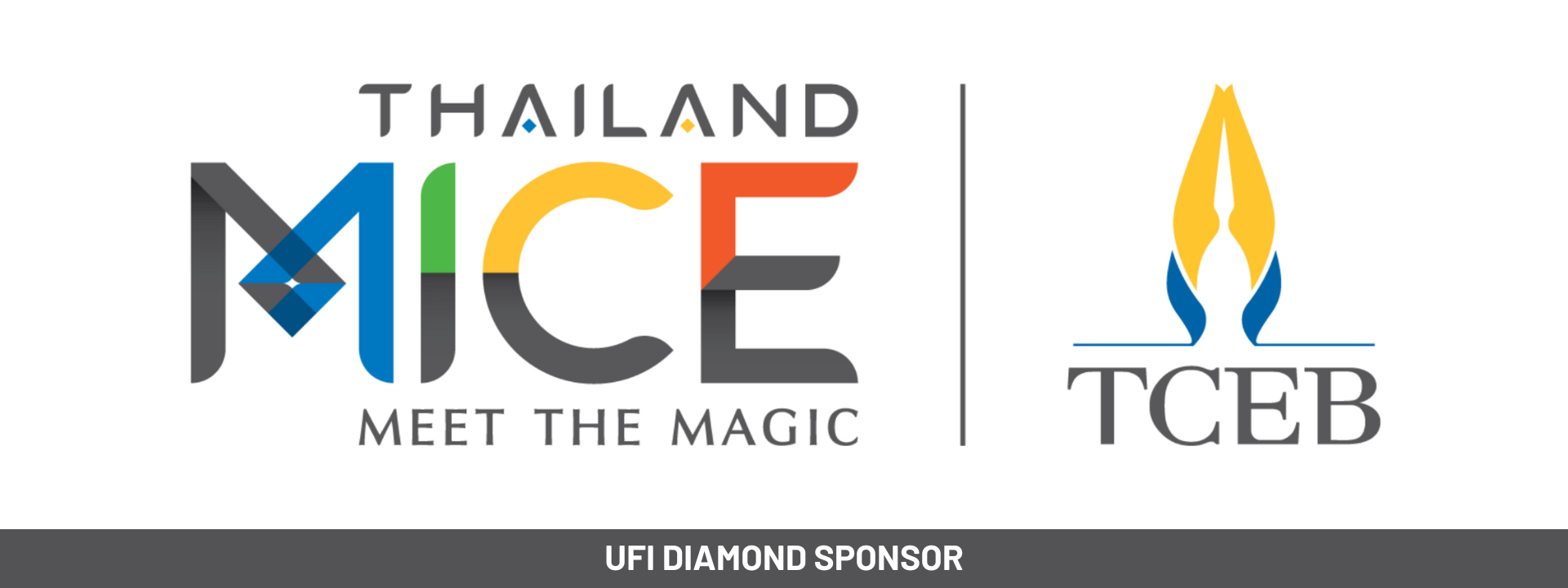
Blogger: Mrs. Jaruwan Suwannasat Director, Exhibition and Events Department of TCEB
Maintaining a reputation as the ‘World’s Kitchen’ does not come easily, but it is a reputation that Thailand can consider well deserved.
Take for example, . Thailand registered US$4.3 billion in food shipments to the US in 2016, an increase of 10 per cent on the previous year. In the first three months of this year alone, the US received US$873 million of food exports from Thailand, the bulk of which comprised canned and processed fruit, canned and processed seafood, rice and fishery products.
This is just one result of a huge investment of personnel and resource that sees 40 per cent of the country’s population working in the agricultural sector; and industry represented to the wider world by celebrated events such as Horti Asia, Agritechnica, Thaifex, Food & Hotel Thailand, as well as VIV Asia, SIMA ASEAN, and Food ingredients Asia
Thiraphong Chansiri, adviser to the Commerce Ministry for the US market and chief executive of Thai Union Group Plc, the world’s biggest producer of canned tuna, recently spoke to our national press about the fact the US remains one of the most crucial export markets for Thailand, notably for food.
And this innovation is key to the continued success and expansion of the industry. Not only does it cement Thailand’s appeal for future export to key markets, but it presents opportunity for exhibition organisers to create ancillary, or evolutionary, events that serve the food and agriculture market not just here and in the ASEAN region, but out into the global marketplace.
Thailand Food Innopolis is one such case of pursuing innovation. Located at the Thailand Science Park in Northern Bangkok, it was launched last year as a global food innovation hub to support innovation and R&D for the food industry. Today it is home to 32 companies operating in the food industry, two-thirds of which are Japanese companies but with more from China and Europe planning to join the Food Innopolis project in a near future. Those already involved include many major universities, GIB-Green Innovative Biotechnology, Medifoods (Thailand), The Malee Group, Thai Union, ThaiBev, The National Food Institute, the National Innovation Agency, Bangkok University,
Deputy Secretary-General of the National Science Technology and Innovation Policy Office, Akkharawit Kanjana-Opas, said at least 100 foreign companies would be attracted to invest in the project in the first five years of the project.
These investors – as with events such as Thaifex or Horti Asia – comprise both large companies and startups looking to make the most of the country, and the ASEAN region’s strength in this arena.
By bringing them to Thailand and giving them a forum to discuss and invest further, they will generate greater employment and increase the value of Thailand’s food industry and agricultural products.




Leave A Comment